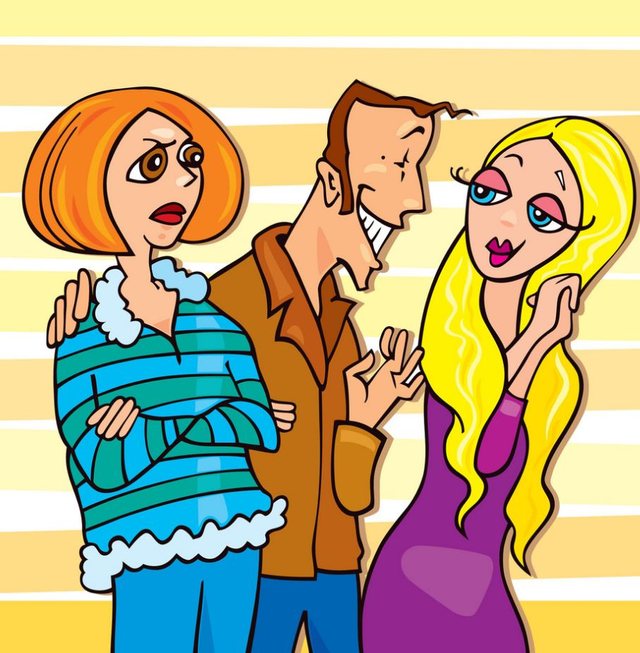
Being jealous or envious can take a lot of time and emotional space, especially in a world where people on Instagram show they have never had a bad day in their lives. Feeling weak about someone else's success is very common, but look at what happens in your brain when you experience envy, jealousy, and other similar sensations like these! gives us clues as to why it is so painful.
Many people use words interchangeably, but jealousy and envy are technically different emotions. We feel jealous or possessive about things we already have, or when they are threatened by other people. We feel envious of others when they do not have the things we have. Both emotions ignite different parts of the brain, and this reflects how they play out in your conscious life.

What happens to your brain when you become jealous?
"Jealousy is an emotional response to the perceived threat of losing a meaningful relationship to a third party," Bustle tells Dr. Sanam Hafeez, a famous neuropsychologist in America. "While jealousy is usually associated with romantic relationships, it is a feeling that can arise in any form of relationship such as family, friendships, even work as we become jealous of a new flow in the office."

Scientists have shed light on jealousy and the brain, however, by showing that it affects your frontal lobe. This part of the brain plays a crucial role in emotional regulation and social functioning. A study published in Emotion last year found that people experienced stronger feelings of jealousy if their left frontal cortex was stimulated.
Dr. Hafeez says the lateral septum of the brain has also been linked to jealousy because it processes "social pain," or the experience of the deceased relieved or hurt by others in social situations. She notes that jealousy also stresses us out and can cause your brain to release stress hormones. This is why feeling possessive towards someone can make you feel so anxious or hurt.





